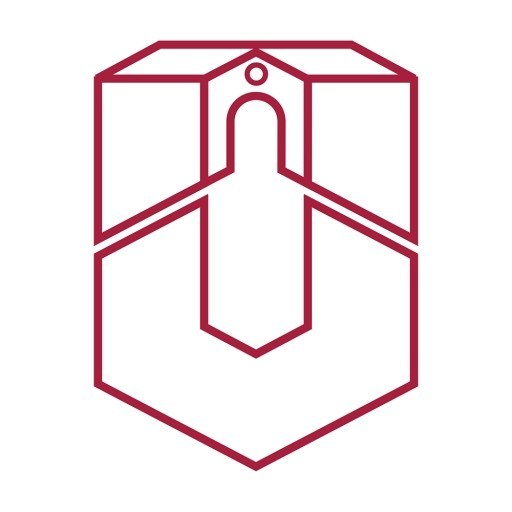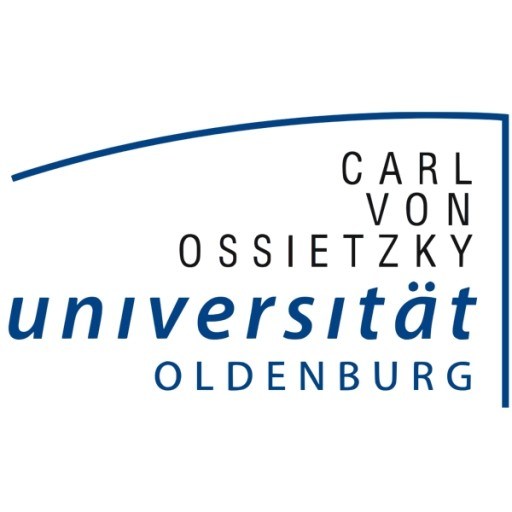Photos of university
The Master of Science in Cognitive Systems at Ulm University is an interdisciplinary program designed to equip students with a comprehensive understanding of how intelligent systems perceive, process, and interpret information. Combining insights from computer science, cognitive science, psychology, and engineering, the program aims to foster innovation in the development of intelligent technologies that can interact seamlessly with humans and their environments. Students will explore topics such as artificial intelligence, machine learning, human-computer interaction, cognitive modeling, and sensory processing, gaining both theoretical knowledge and practical skills. The curriculum emphasizes hands-on experience through laboratory work, projects, and collaborations with industry partners, preparing graduates for a variety of roles in research, technology development, and applied sciences. The program is structured to encourage critical thinking, problem-solving, and research competencies, making it ideal for students interested in advancing the frontiers of cognitive technology. With a focus on emerging challenges and ethical considerations, the Master in Cognitive Systems prepares students to contribute to the design of systems that are intelligent, adaptive, and capable of understanding complex human behaviors. Ulm University provides a stimulating academic environment supported by experienced faculty, state-of-the-art laboratories, and a vibrant research community. Graduates of this program will be well-equipped to pursue careers in academia, industry, or entrepreneurship, working on cutting-edge projects in areas such as robotics, virtual reality, assistive technologies, and data analysis. The MSc in Cognitive Systems offers an international and interdisciplinary learning experience, fostering the skills necessary to address the technological and cognitive challenges of the modern world with innovative and responsible solutions.
Educational organisation
During the first two semesters, students visit three lectures that are complementary to the subject of their undergraduate degree, i.e., students with a background in psychology or a related discipline are taught the basics of computer science and students with a background in computer science or a related discipline are taught the basics of psychology.During the programme, students also choose three specialisation lectures to deepen their knowledge in subject areas of their choice within the cognitive systems area. Students also choose an application subject that consists of more applied courses usually in the form of projects or project seminars. Finally, in the interdisciplinary subjects, the students apply their acquired skills in interdisciplinary courses (lectures, seminars and/or projects) and write their Master's theses.
Study abroad unit(s)
The programme does not foresee periods abroad.Internships
The programme does not include a mandatory internship. However, there are several companies on-campus where students can participate in an internship during the lecture-free period.Forms of assessment
Lectures are usually credited with 6 ECTS and the exams can be written or oral depending on the number of participants. Seminars are usually credited with 4 ECTS and the exam takes the form of a written report. Projects (often 8 or 16 ECTS) are examined through a project presentation and a written project report. The Master's thesis is credited with 30 ECTS, of which 1 ECTS is credited for the final presentation and discussion of the results.Course objectives
Graduates of the Master's programme in Cognitive Systems acquire the theoretical knowledge and practical skills that enable them to develop cognitive systems in various fields of application. Drawing on their experience from the applied coursework and research-oriented modules, students acquire a solid grasp of the pros and cons of current methodologies and where these are best applied. They are familiar with the most important theoretical and methodological principles of the core subjects of their chosen technical discipline, which is complementary to their prior training (for students with a Bachelor's in psychology or related fields: fundamentals of computer science; for students with a Bachelor's in computer science or related fields: psychology). Students also understand the concepts of cognitive systems and their underlying computational mechanisms. For complete information on the course objectives and a list of the individual modules, please refer to the official programme of study and examination regulations.The programme's interdisciplinary projects and applied coursework requires students to work in teams, become familiar with group dynamics, and build strategies for maintaining a positive outlook and a productive work environment. Students learn to deal effectively with any social issues that may arise. The same is true for dealing with stress and deadline pressure as well as intercultural interactions with international students in an English-language study programme.
Graduates are also able to:
- Apply the problem-solving strategies they have learned to new situations and to develop these strategies further;
- Acquire new knowledge and skills independently;
- Collect and analyse relevant information and use it to make scientifically sound deductions;
- Formulate scientific positions and solutions and defend these with sound arguments.
Language requirements
Proof of an adequate command of English at level C1 of the Common European Framework of Reference for Languages (CEF) through the Test of English as a Foreign Language, TOEFL, with a minimum of 88 points in the Internet-based TOEFL; or 570 points in the paper-based TOEFL; or 230 points in the computer- based TOEFL; through the IELTS with a minimum of 6.5 points; or any comparable proof. The requirements do not apply to applicants who are native English speakers or whose Bachelor's degree programme or other degree programme was taught exclusively in English.Academic requirements
Proof of a Bachelor's degree with examinations in study programmes in psychology, computer science, cognitive science, or any other programme at any higher education institution in Germany or abroad completed with an equivalent degree awarded after a minimum of three years of study and subject to a minimum three-quarter match of the respective study contents.Proof of adequate examination results are either a Bachelor's degree with an overall grade of 2.6 or better or, if the programme has not yet been completed, examination results showing an average of 2.9 or better based on 140 or more ECTS credit points by the application deadline.
Enrolment fees
158.50 EURCosts of living
Approx. 700 EUR including accommodation, local transport, health insurance, and foodJob opportunities
Student assistant jobs are regularly offered by all institutes of the faculty. Student assistants help with the preparation and execution of exercise classes, work in research projects, or help with administrative jobs. Furthermore, several companies are located on the scientific campus (e.g., Daimler, Continental, Nuance,...) and usually offer student jobs.Arrival support
Newly arriving students will be picked up at the train station in Ulm by senior students from the Cognitive Systems programme or by student tutors for exchange programme students and accompanied to their halls of residence. The programme offers a special orientation week at the beginning of the first semester, which includes meetings on filling out forms, health insurance and enrolment, and introduction to the Higher Education Services Portal of Ulm University as well as library, campus, and city tours and film nights.Services and support for international students
Assistance is provided in the visa application phase and for accommodation arrangements, in addition to guidance in administrative matters (enrolment, registration with Foreigners' Registration Office). Moreover, there are joint social activities and a Buddy programme to help international students to better find their way around Ulm University and to facilitate settling down in Ulm.Another key component for supporting students during the first semester of the programme is the so-called mentorium. Each week, small groups of students meet with peers (students from higher semesters) who help with the organisation of the study programme, local infrastructure, scientific writing, literature reviewing, presentation techniques, as well as with organisation of every day life or with cultural aspects. The aim of the mentorium is to give foreign students a good start in a new cultural environment.










